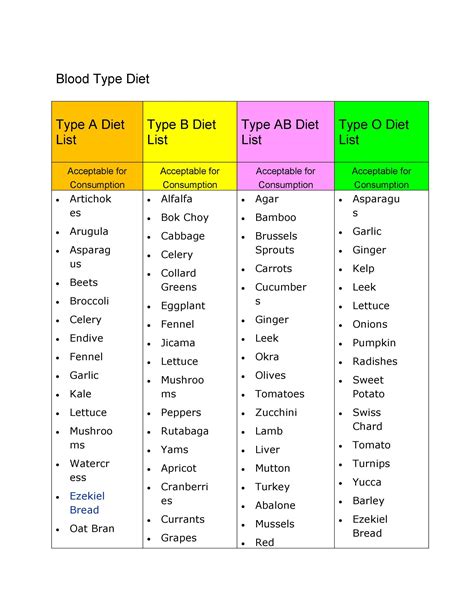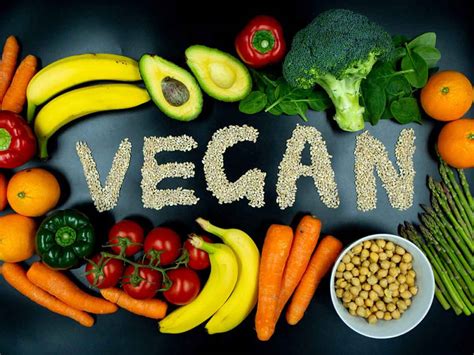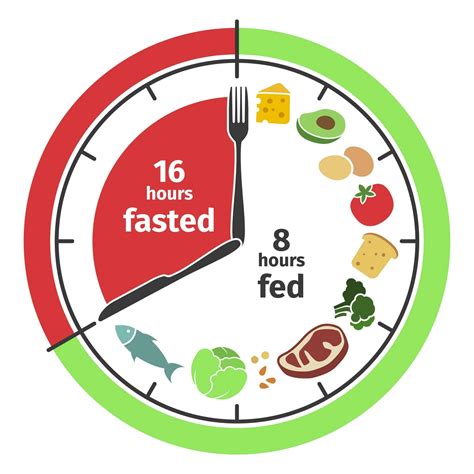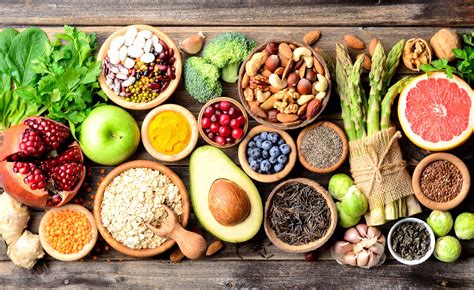Discover the key principles, health benefits, potential risks, and tips for success with the Pioppi Diet in this introduction. Start your journey to better health today.
Introduction to Pioppi Diet
Contents
The Pioppi Diet is a lifestyle approach to eating based on the eating habits of the residents of Pioppi, a small Italian village. This diet is not just about what you eat, but also focuses on overall lifestyle, including stress management, physical activity, and connection to your community and environment. The Pioppi Diet gained attention after the release of the book The Pioppi Diet: A 21-Day Lifestyle Plan by cardiologist Dr. Aseem Malhotra and Donal O’Neill.
At the heart of the Pioppi Diet is a focus on consuming fresh, whole foods, especially plant-based foods, healthy fats from sources such as olive oil and nuts, and lean protein from fish and some meat. It also emphasizes reducing consumption of processed foods, sugar, and refined carbohydrates, while promoting regular physical activity and adequate sleep.
The Pioppi Diet was inspired by the traditional Mediterranean diet, known for its strong association with improved heart health, lower risk of chronic diseases, and increased longevity. The diet also incorporates intermittent fasting, with an emphasis on enjoying food and eating mindfully, rather than strict calorie counting or deprivation.
Following the Pioppi Diet may not only lead to weight loss but also to improve overall health and wellbeing. The diet’s focus on natural, unprocessed foods and holistic lifestyle approach sets it apart from many fad diets, making it a sustainable and healthy way of eating for the long term.
Key Principles of Pioppi Diet
The key principles of the Pioppi Diet are centered around promoting a healthy lifestyle through balanced nutrition, regular exercise, stress management, and adequate sleep. The diet emphasizes consuming whole, unprocessed foods such as fruits, vegetables, nuts, seeds, olive oil, and fish. Processed foods, sugar, and refined carbohydrates are limited in order to reduce inflammation and improve overall health.
One of the core principles of the Pioppi Diet is the focus on consuming healthy fats such as monounsaturated fats found in olive oil, and omega-3 fatty acids found in fish. These fats have been shown to have numerous health benefits, including reducing the risk of heart disease, improving brain function, and supporting overall well-being.
In addition to eating a nutrient-dense diet, the Pioppi Diet emphasizes the importance of regular physical activity. Exercise is seen as a crucial component of maintaining a healthy weight, improving cardiovascular health, and reducing the risk of chronic diseases.
Stress management is also a key principle of the Pioppi Diet. Chronic stress has been linked to various health issues, so the diet encourages individuals to find healthy ways to manage stress, such as practicing mindfulness, meditation, or engaging in enjoyable activities.
Lastly, the Pioppi Diet prioritizes adequate sleep as an essential factor in overall health. Quality sleep is vital for regulating hormones, supporting a healthy metabolism, and enhancing cognitive function.
Health Benefits of Pioppi Diet
The Pioppi Diet is a lifestyle based on the eating habits of the residents of Pioppi, a small village in Italy. This diet is centered around consuming whole foods such as vegetables, fruits, nuts, fish, and olive oil while minimizing processed foods and sugars. Adopting the Pioppi Diet has been associated with numerous health benefits, making it an attractive option for those looking to improve their overall well-being.
One of the key health benefits of the Pioppi Diet is its potential to reduce the risk of cardiovascular disease. The emphasis on consuming healthy fats from sources like olive oil and fish can help lower cholesterol levels and decrease the likelihood of developing heart-related issues. Additionally, the high consumption of antioxidant-rich fruits and vegetables contributes to overall heart health and can lower the risk of heart disease.
Furthermore, followers of the Pioppi Diet often experience improved mental well-being. The diet’s focus on nutrient-dense foods provides essential vitamins and minerals that support brain function and mental clarity. Additionally, the reduction in processed foods and sugars may lead to stabilized blood sugar levels, reducing the risk of mood swings and promoting a more balanced emotional state.
Another significant health benefit of the Pioppi Diet is its potential to promote healthy aging. The consumption of foods high in antioxidants and anti-inflammatory properties can protect against cellular damage and slow the aging process. Additionally, the diet’s emphasis on maintaining a healthy weight through wholesome, nourishing foods can contribute to longevity and overall well-being.
In conclusion, the Pioppi Diet offers a wide range of health benefits that make it a compelling option for individuals seeking to improve their overall well-being. From supporting heart health to promoting mental well-being and healthy aging, this lifestyle can have a positive impact on one’s physical and mental health.
Potential Risks of Pioppi Diet
While the Pioppi Diet has gained popularity for its potential health benefits, it’s important to also consider the potential risks associated with this eating plan. One potential risk of the Pioppi Diet is the restriction of certain food groups, such as grains and legumes, which may lead to nutrient deficiencies if not properly managed.
Another potential risk is the high intake of saturated fats from foods like olive oil, cheese, and fatty meats, which could increase the risk of heart disease and other cardiovascular issues if consumed in excess. Additionally, the emphasis on consuming red wine in moderation as part of the diet may pose a risk for individuals with a history of alcohol abuse or those who are unable to moderate their alcohol intake.
Furthermore, the Pioppi Diet’s promotion of intermittent fasting and restriction of processed foods may not be suitable for everyone, particularly individuals with certain medical conditions or those who are pregnant or breastfeeding. It’s important to consult with a healthcare professional before making significant changes to your diet, especially if you have any existing health concerns.
Overall, while the Pioppi Diet has shown promise in promoting healthy eating habits and weight management, it’s essential to be aware of the potential risks and to approach the diet with caution, especially if you have specific health considerations. As with any diet or lifestyle change, it’s crucial to prioritize your overall well-being and consult with a qualified healthcare provider to ensure that the Pioppi Diet is safe and suitable for you.
Tips for Success with Pioppi Diet
Following the Pioppi Diet can be a powerful way to improve your health and well-being, but it can also be challenging to stick with in the long term. Fortunately, there are several tips you can follow to ensure your success on this eating plan.
First, it’s important to focus on whole, unprocessed foods. This means avoiding packaged and processed foods as much as possible and instead filling your plate with fresh fruits and vegetables, lean proteins, and healthy fats.
Another key tip for success with the Pioppi Diet is to stay hydrated. Drinking plenty of water throughout the day can help to keep your energy levels up, curb cravings, and support your overall health.
In addition, get plenty of sleep. Adequate rest is essential for overall health and well-being, and can also have a significant impact on your ability to stick with the Pioppi Diet in the long term.
Finally, it’s important to stay consistent. While it’s okay to indulge occasionally, sticking with the Pioppi Diet on a daily basis will yield the best results for your health and well-being.












